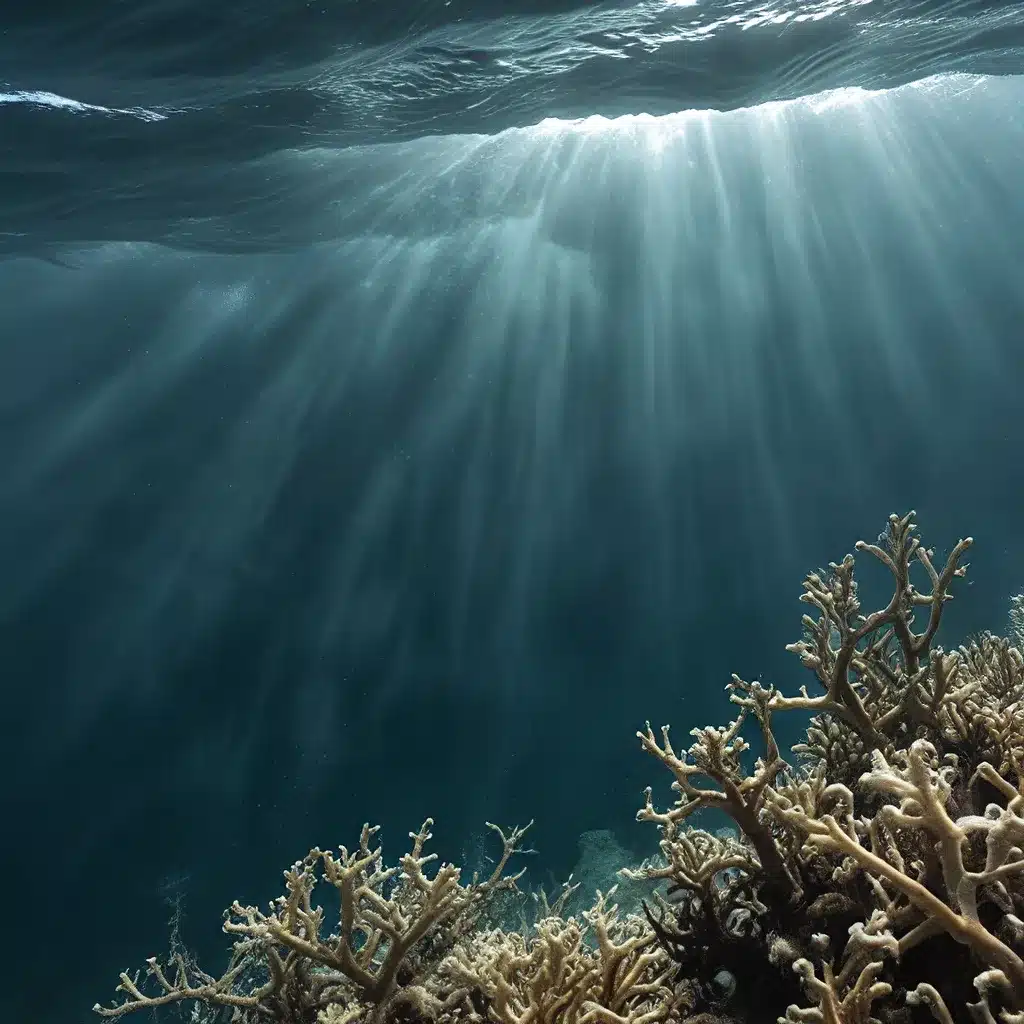
Understanding the Delicate Balance in Coastal Ecosystems
As aquarium enthusiasts, we often overlook the intricate relationship between water quality and the health of our underwater environments. However, the challenges faced in managing marine water quality are not limited to just our aquariums – they extend far beyond, influencing the delicate balance of coastal ecosystems as well. By exploring the research and insights of experts like Sunny Jiang, an environmental engineer and professor at the University of California, Irvine, we can gain a deeper understanding of the complexities involved in maintaining the purity and sustainability of our marine waters.
Jiang’s journey began with a deep-rooted passion for environmental sustainability and a keen interest in recreational water pollution. Growing up in Florida, she spent countless hours surfing, swimming, and running along the beaches, fostering a profound appreciation for the beauty and fragility of coastal ecosystems. As a graduate student, Jiang and her fellow researchers conducted extensive studies in the Florida Keys, measuring the impact of wastewater on the delicate coral reefs.
Tracing the Sources of Coastal Pollution
One of the key challenges Jiang has dedicated her career to unraveling is the intricate web of coastal pollution sources. Whether it’s the discharge from storm channels or the occasional wastewater leaks, understanding the pathways and dynamics of these pollutants is essential for effective water quality management. Through her work at UC Irvine, Jiang has witnessed significant advancements in the field, particularly in the efforts of the Orange County Sanitation District and the Orange County Water District.
The joint operation of the Groundwater Replenishment System has been a game-changer, as it purifies up to 130 million gallons of wastewater from 2.5 million residents each day. This forward-thinking approach not only addresses water scarcity in drought-prone regions like California but also showcases the potential for sustainable water management practices.
Embracing the Promise of Desalination
Another area of Jiang’s expertise is the role of desalination in addressing water scarcity. Long viewed with skepticism by some environmental groups, desalination technology has evolved significantly in recent years, mitigating concerns about its impact on ocean life. Jiang emphasizes that the primary challenge with desalination is not the infrastructure itself, but rather the permitting and legal battles that often accompany it.
As aquarium hobbyists, we can draw inspiration from the advancements in desalination technology and apply similar principles to our own aquatic environments. By carefully managing our water sources, incorporating appropriate filtration systems, and staying informed about the latest research and solutions, we can create thriving aquarium ecosystems that mimic the delicate balance found in nature.
The Looming Threat of Antibiotic Resistance
While the progress in coastal water management is undoubtedly encouraging, Jiang highlights a concerning issue that extends beyond the immediate water quality – the gradual increase of antibiotic resistance in the ecosystem. As we explore the benefits of water reuse and desalination, we must also consider the potential long-term implications of antibiotic-resistant bacteria entering the food chain and posing a threat to human health.
This complex challenge requires a comprehensive, proactive approach, as Jiang emphasizes the need to “plan for antibiotic-resistant bacteria going through the food chain.” By understanding these interconnected issues, aquarium enthusiasts can play a role in promoting sustainable water management practices that not only support the health of our aquatic environments but also safeguard the broader ecosystem.
Applying Lessons from the Aquarium to the Ocean
As aquarists, we have a unique opportunity to apply the principles of water quality management on a smaller, more manageable scale. King Aquarium encourages its customers to embrace this responsibility and actively contribute to the preservation of marine habitats.
Through careful selection of fish species, implementing robust filtration systems, and maintaining diligent water testing and replacement regimes, we can cultivate thriving aquarium ecosystems that mirror the delicate balance found in nature. By sharing our experiences and best practices with the broader community, we can inspire others to adopt a more holistic approach to aquarium care, ultimately contributing to the conservation of our oceans and waterways.
The complexities of marine water quality management extend far beyond the confines of our aquariums. By understanding the research, insights, and challenges faced by experts like Sunny Jiang, we can gain a deeper appreciation for the interconnected nature of our aquatic environments. Through proactive and sustainable water management practices, we can not only create vibrant aquarium displays but also play a meaningful role in safeguarding the health and resilience of our coastal ecosystems.

